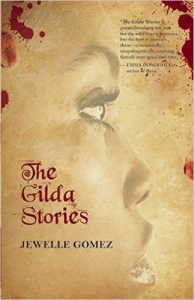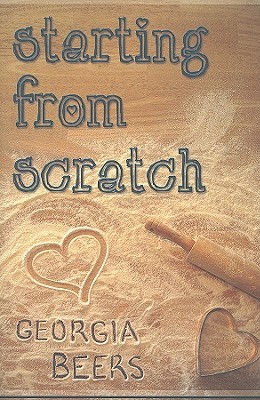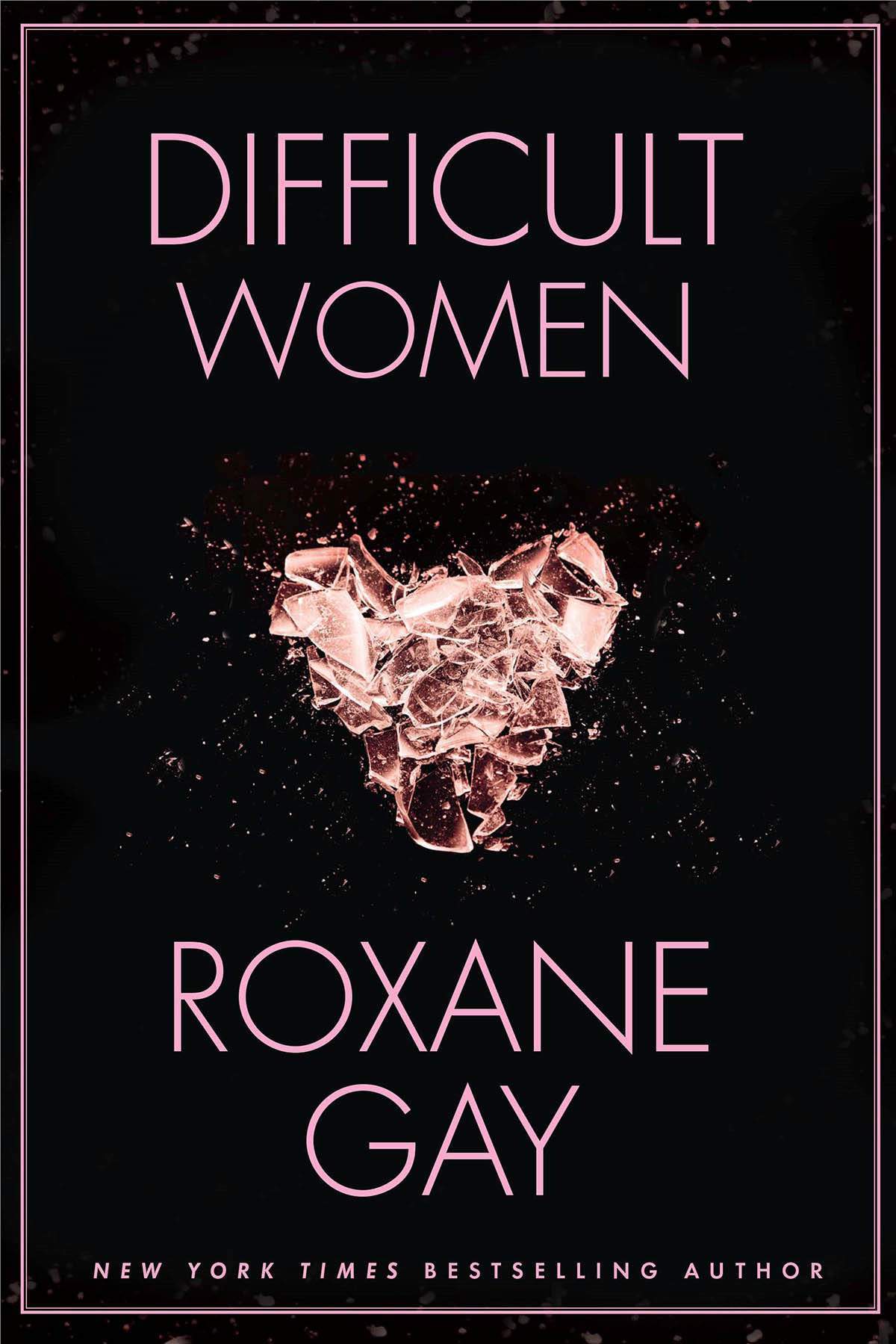Amazon Affiliate Link | Bookshop.org Affiliate Link
Equal parts science fiction, historical fiction, and lesbian fiction, The Gilda Stories (1991) by Jewelle Gomez is a classic queer vampire novel.
The novel begins in the Southern United States in the 1850s and follows Gilda, who escapes from slavery and is taken in by two lesbian brothel proprietors who also happen to be vampires. After the women turn Gilda, the novel unfolds across two hundred years, stretching into the present and the future, as Gilda tries to navigate an uncertain world that seems to become more and more un/familiar with every chapter.
I very much enjoyed this novel. The Gilda Stories is unlike any vampire novel I’ve read before, and I can see why it’s won two Lambada Literary Awards, including the award for science fiction. Indeed, this novel is more sci-fi than gothic, and Gomez envisions an expansive world in which her character searches for connection, community, and companionship as she moves around the country in different times and incarnations.
I did feel that the novel struggled with pacing at times, because the text is so focused on Gilda and her perception of herself/connection to others. It is often very introspective in a way that could at times be slow/confusing. The Gilda Stories is a novel that requires careful reading even though it is relatively short. Gomez manages to pack a lot of character development into only a few pages.
The Gilda Stories is hugely representative of the kind of inclusive, representational historical fiction that reconsiders and represents marginalized perspectives in the past, and I really recommend this novel for its status as classic lesbian fiction!
Please add The Gilda Stories to your TBR on Goodreads.
Rachel Friars is a writer and academic living in Canada, dividing her time between Ontario and New Brunswick. When she’s not writing short fiction, she’s reading every lesbian novel she can find. Rachel holds two degrees in English literature and is currently pursuing a PhD in nineteenth-century lesbian literature and history.
You can find Rachel on Twitter @RachelMFriars or on Goodreads @Rachel Friars.



